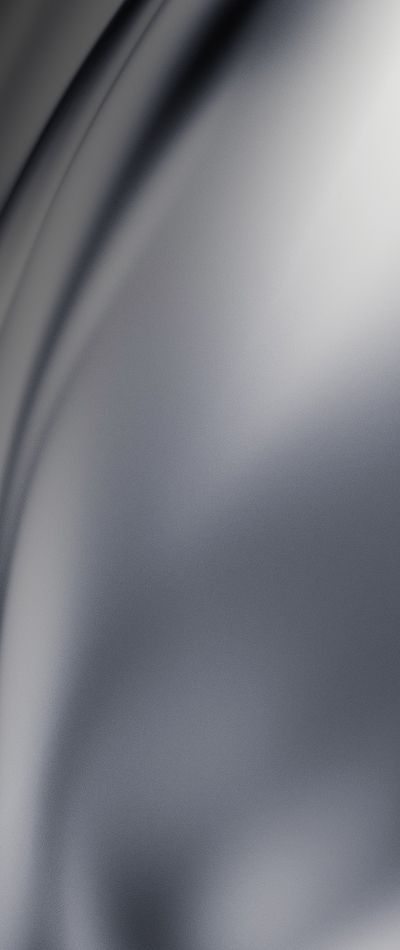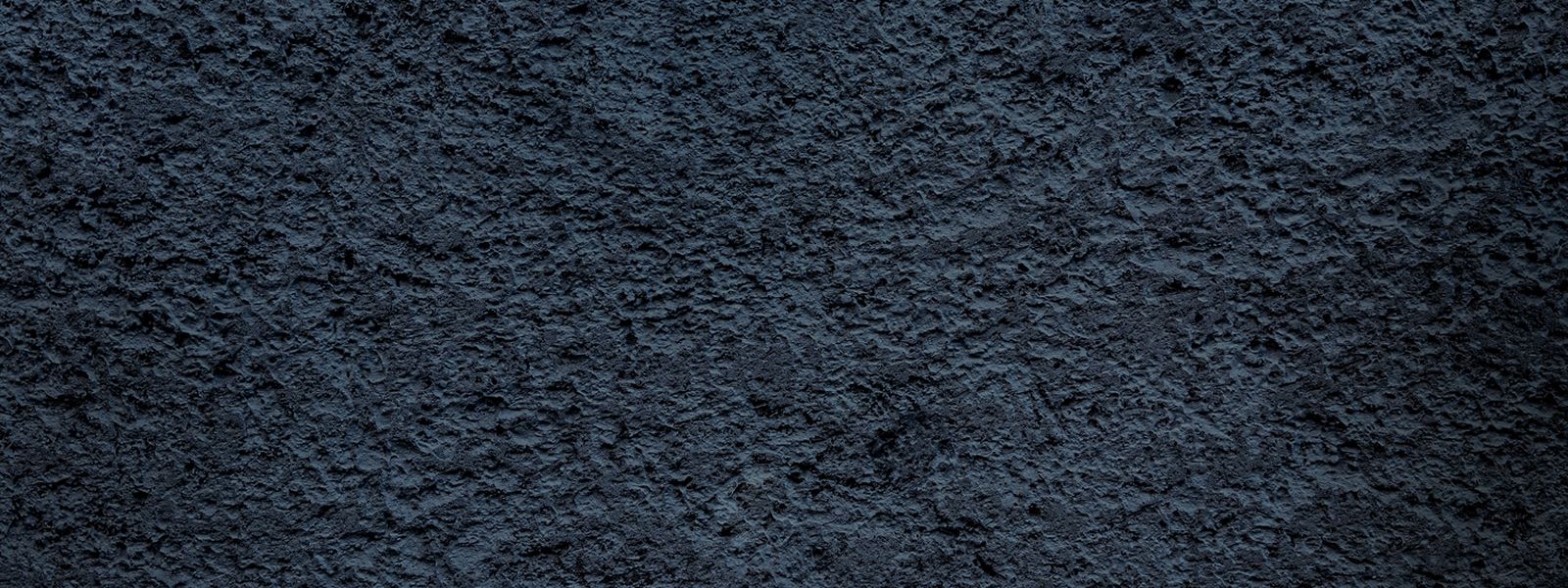
Brow Lift in Dallas
Brow Lift in Dallas


Brow Lift in Dallas

The brow and upper face play a subtle but powerful role in how we’re perceived—alert or tired, open or stern, rested or worn out. Over time, this area can begin to descend, creating heaviness above the eyes, a furrowed look at rest, or skin that gathers over the upper lids. A brow lift addresses these changes by gently repositioning the brow and smoothing the forehead for a more refreshed appearance.
At Kelling Plastic Surgery, brow lifts are approached with precision and restraint. Dr. Joseph Kelling focuses on natural elevation—not high arches or frozen expressions—so the result is always aligned with your features, your anatomy, and your lifestyle. Whether you're looking to soften a tired appearance or complement another facial procedure, a brow lift can help you look more like yourself again.
A brow lift, also called a forehead lift, is a surgical procedure that repositions the brow to a more youthful, natural height while smoothing lines across the forehead and between the brows. The result is a softer, more youthful look that complements your natural features.


A minimally invasive technique using small incisions hidden within the hairline to gently lift and reposition the brow. This approach offers natural-looking results with less scarring and quicker recovery.

Ideal for patients with a high forehead, this method places the incision just along the hairline to lift the brow while minimizing forehead height.

A technique that focuses on elevation of the lateral aspect of the brow. This involves placing a short incision within the temporal/lateral hairline to reposition the tail of the brow. This part of the brow typically descends more than the medial brow as we age.
The best brow lift approach depends on your facial anatomy and goals. During your consultation, Dr. Kelling will assess your facial structure, brow position, and goals to determine which technique best fits your anatomy and delivers a result that looks refreshed and natural.
Brow lift surgery is performed under general anesthesia. For many patients, Dr. Kelling uses a minimally invasive or short scar technique. This approach uses small, well-hidden incisions along the hairline and allows him to:
The procedure typically takes 1 to 2 hours and is completed on an outpatient basis. You’ll return home the same day with a detailed recovery plan and check-ins scheduled to ensure your comfort and healing.
A brow lift is designed to address multiple signs of aging or muscle activity in the upper face. Common concerns include:
Many patients choose a brow lift when they feel their expression no longer reflects how they feel, or when non-surgical treatments like neuromodulators are no longer effective on their own.

A brow lift offers subtle but significant enhancements. Benefits include:
A Naturally Rested Appearance
Opens the eye area without altering your natural expression.
Smoother Forehead and Brow Area
Softens visible lines and creases, especially between the eyes.
Improved Eyelid Definition
Lifting the brow can reduce heaviness above the eyes and complement blepharoplasty (eyelid surgery).
Long-Lasting Results
Most patients enjoy a refreshed look for 7 to 10 years or more.
No Frozen or Overdone Look
Dr. Kelling’s approach prioritizes structure, softness, and restraint.

You may be a candidate for a brow lift if you’ve noticed a change in your upper face, whether it’s a heavy brow, tired-looking eyes, or deep lines that don’t respond to injectables.
Ideal candidates are in good overall health, have realistic expectations, and value natural-looking improvement. If you're considering combining a brow lift with eyelid surgery or a facelift, Dr. Kelling will guide you through what’s most appropriate for your goals.
This procedure is not ideal for patients with very high hairlines or certain medical conditions that could affect healing.
Recovery from a brow lift is typically smooth and relatively brief. Mild swelling or tightness around the forehead and eyes is normal for the first several days. Bruising is generally limited with minimal incision techniques.
Most patients return to work or light activity within 7 to 10 days. You’ll receive clear post-op instructions regarding incision care, sleep positioning, and gradual return to exercise.
Follow-up visits are scheduled with Dr. Kelling to monitor healing and ensure your comfort every step of the way.

Once swelling subsides, you’ll notice a lighter, more open expression. The brows rest in a natural position, and the overall effect is one of calm, subtle rejuvenation.
Most patients find that their eyes look less tired, their forehead more relaxed, and their reflection more aligned with how they feel inside.
Brow lift results are long-lasting and often delay the need for more frequent non-surgical treatments. When performed with precision and restraint, it’s a subtle change that speaks volumes.
Dr. Joseph Kelling brings surgical skill, artistic restraint, and a deeply patient-centered philosophy to every brow lift. At Kelling Plastic Surgery, procedures are never rushed and results are never exaggerated. You’ll receive expert guidance from your first consultation through recovery, with a plan that feels tailored, not templated.
With extensive training in facial rejuvenation surgery, Dr. Kelling offers the refined technique and grounded approach that discerning patients value most.
Here, every lift is subtle. Every result is personal. And every decision starts with a thoughtful conversation.
No. Dr. Kelling’s approach emphasizes subtle elevation and natural positioning—not dramatic changes. The result is a more rested look, not a startled one.
Results typically last 7 to 10 years or more, depending on your skin quality, muscle activity, and aging process.
No. A brow lift repositions the forehead and brows, while eyelid surgery (blepharoplasty) removes excess skin or fat from the upper and/or lower lids. They are often combined for full upper-face rejuvenation.
Yes. If the hooding is caused by a low or heavy brow, lifting the brow can relieve pressure on the upper lid. If excess eyelid skin is present, blepharoplasty may also be recommended.
Most patients describe tightness or mild pressure, not significant pain. Medication and post-op support help keep discomfort manageable.
Incisions are placed within the hairline and are generally well-concealed once healed.
Most patients return to work within 7–10 days, and resume full activity, including exercise, after about 3–4 weeks.
Many patients who’ve used neuromodulators opt for surgery when those treatments are no longer effective. A brow lift offers longer-lasting improvement. Though, you may still need to use neuromodulators in the future to reduce the formation of wrinkles due to facial movement.
There’s no specific age requirement. It depends more on your anatomy and concerns than your age.